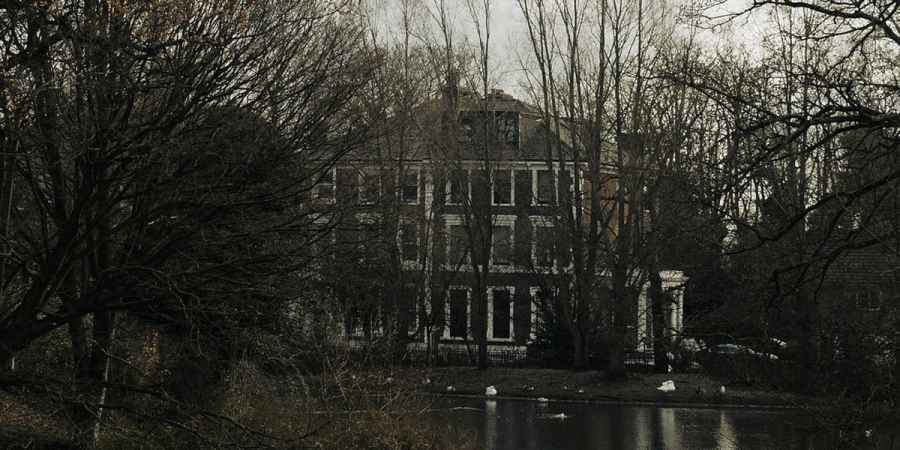
Photo: Nicholas_Demetriades

Photo: Nicholas_Demetriades
The expectancy effect is a psychological phenomenon that plays a significant role in paranormal investigations. It refers to the way in which people's expectations influence their perceptions and behaviours, especially in situations where the outcome is uncertain.
If investigators expect to find evidence of ghosts or paranormal activity at a location, they are more likely to interpret ambiguous incidents as proof of the supernatural. For example, an unexplained noise or a vague image captured on camera might be deemed a ghostly encounter if the investigators are anticipating paranormal activity.
The expectancy effect is related to another psychological principle called confirmation bias, which also influences how we perceive and interpret information, but the expectancy effect operates in a slightly different way. While the expectancy effect leads individuals to experience outcomes that align with their initial expectations, confirmation bias involves a broader tendency to seek out, interpret, and remember information in ways that affirm preconceived beliefs.
Some ghost hunters use devices like electromagnetic field (EMF) meters and REM-Pods to detect ghostly presences. However, these devices are prone to being triggered by mundane or natural causes. Due to the expectancy effect, ghost hunters might interpret these false triggers as paranormal.
The expectancy effect can influence various aspects of paranormal research beyond ghost hunting, impacting both researchers and participants in studies or investigations. In studies involving psychic phenomena, such as telepathy or clairvoyance, researchers expecting positive results might unintentionally influence the outcomes. For example, a researcher who believes in the abilities of a participant might skew the results by giving subtle cues or reacting differently to responses that fit their expectations.
The field of ufology is also impacted by the expectancy effect, which can lead witnesses to interpret natural phenomena or man-made objects as extraterrestrial craft in locations or situations where they expect to see a UFO. If a community has frequent reports of UFOs, people might start to expect and therefore "see" UFOs more often, interpreting ordinary lights in the sky as alien spacecraft.
The infamous Gatwick Airport drone incident that made the news in 2018 is a good example of how the expectancy effect can influence perceptions. During this incident, numerous reports of drone sightings led to the temporary closure of the airport, causing significant disruption. Despite the extensive investigation, no conclusive evidence of ongoing drone activity was found.
This incident demonstrates how, once initial reports of drone sightings were made, people at the airport likely expected to see drones, becoming hyper-aware of any small, ambiguous objects in the sky. This heightened state of alertness and expectation could have led individuals to misinterpret other objects, such as birds, planes, or even reflections, as drones.
There might have also been an element of mass hysteria with the Gatwick Airport drone incident too. This is where a group of people simultaneously exhibit similar physical or emotional symptoms due to shared beliefs or fears. As the reports of drones over Gatwick spread and media coverage increased, it may have potentially led to a form of mass hysteria where the collective anxiety and heightened state of alert of those in and around the airport contributed to continued reports of drones, despite the lack of evidence.
Similarly, the expectancy effect can also influence sightings of cryptids like Bigfoot or the Loch Ness Monster. For example, if a group of researchers goes into a forest known for Bigfoot sightings, expecting to encounter the creature, they might interpret natural sounds like rustling leaves or distant animal calls as evidence of Bigfoot. Their expectation of finding Bigfoot shapes their perception, leading them to perceive ordinary forest noises as extraordinary.
It's important for paranormal investigators to be aware of the expectancy effect because it can lead to confirmation bias, where they only notice evidence that supports pre-existing beliefs while ignoring evidence to the contrary. This awareness helps in conducting more objective investigations in order to obtain more robust evidence.
To avoid falling into the trap of the expectancy effect, ghost hunters should ensure they are conducting baseline readings of a location to understand normal environmental conditions before attributing any anomalies to the paranormal. It's also important to have a good understanding of what these baseline readings look like in non-haunted locations, as this will help them understand what 'normal' actually looks like.
Using equipment like video cameras and audio recorders can provide a record of the investigation that is less influenced by personal expectations. These recordings should be reviewed multiple times by different team members to ensure consistent interpretations.
More Essential Parapsychology
See All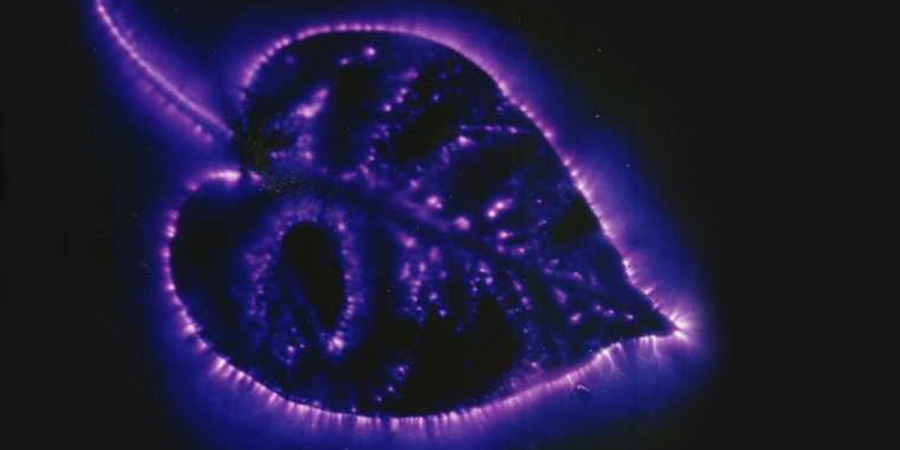
ArrayOctober 11, 2024
The Reality Behind Kirlian Photography’s Glowing Auras

ArrayOctober 07, 2024
Could Retroactive Psychokinesis Allow Us To Influence The Past?

ArrayOctober 05, 2024
What Spontaneous Cases Are & Why Parapsychologists Research Them
Further Reading
Dive into the world of the paranormal and unexplained with books by Higgypop creator and writer Steve Higgins.

The Ghost Lab: Paranormal Meets Science
A critical examination of ghost hunting tools and their scientific foundations.
Buy Now
Investigating The Unexplained
Practical advice on conducting paranormal investigations and uncovering the unexplained.
Buy NowMore Like This
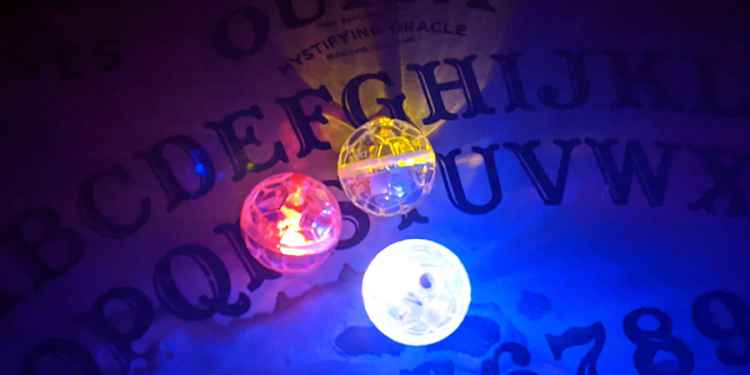
Ghost HuntingJanuary 26, 2025
These Are The Ghost Hunting Gadgets You Should Avoid If You Want To Be Taken Seriously As An Investigator

GamesDecember 09, 2024
Poltergeist Quiz
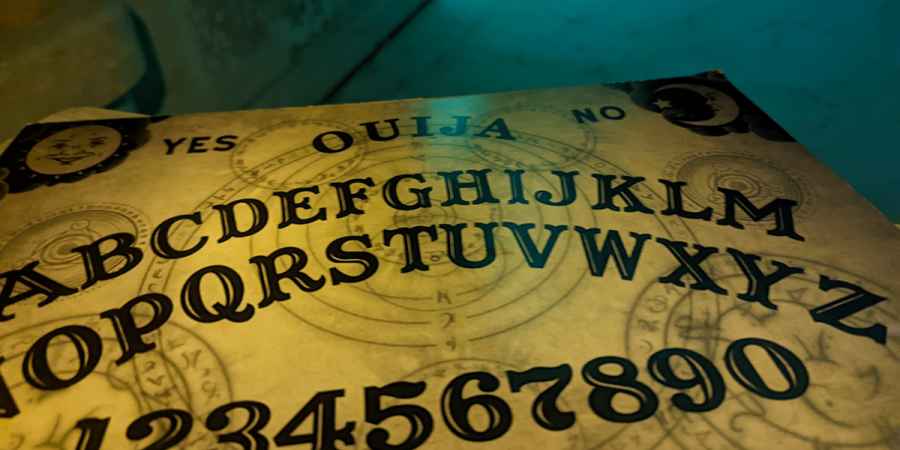
GamesDecember 08, 2024
Ouija Board Trivia Challenge

GamesDecember 04, 2024
Fakes, Hoaxes & Debunked Paranormal Claims Quiz
 See More on Audible
See More on Audible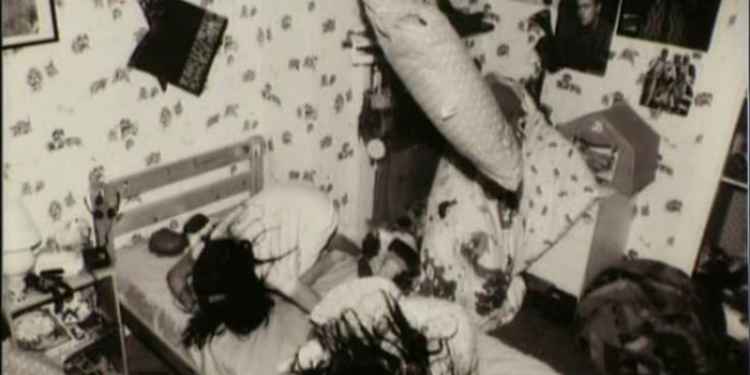

Comments
Want To Join The Conversation?
Sign in or create an account to leave a comment.
Sign In
Create Account
Account Settings
Be the first to comment.